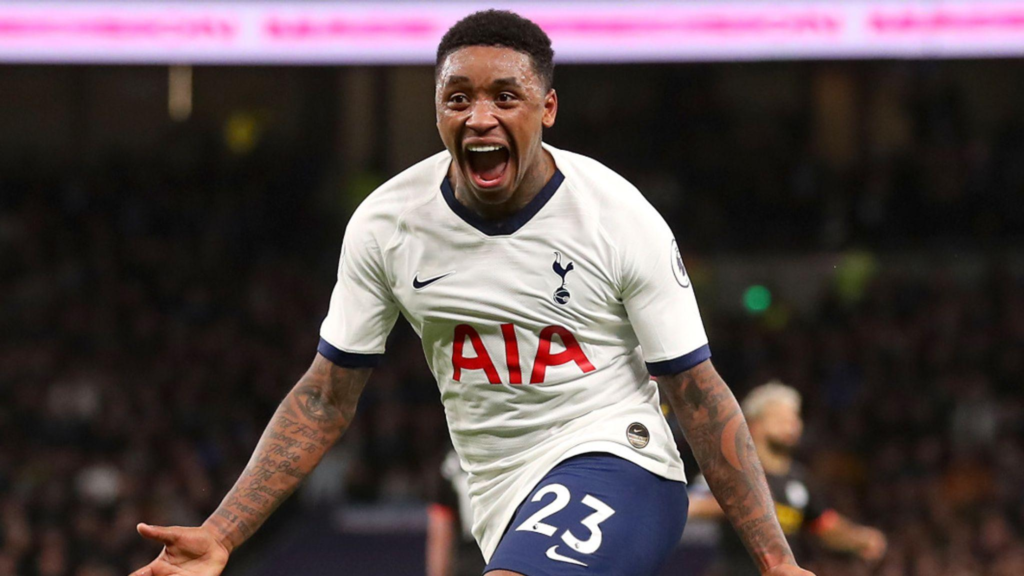The summer transfer window for the Premier League has come and gone. Premier League teams worked tirelessly behind the scenes to strengthen their squads during this period, whilst accumulatively spending millions of Pounds to bring these players to their respective clubs. An interesting question that not many football supporters ask though, is what are the regulations for teams when it comes to presenting their 25-man roster to the Premier League and what is the maximum number of players that each Premier League team may sign?
When do Premier League squad number have to be submitted? The easy answer is that during the current Premier League season, each club is permitted to submit a roster of no more than 25 players who are eligible to compete for their respective clubs. The squads are confirmed after the summer transfer window.
An additional requirement is that clubs’ have to comply with the “homegrown” roster (as per the Premier League rules), and they also have to include their youth players into the squad lists to ensure that these players receive sufficient minutes during games for them to progress their careers. We take a deeper look as the squad list process.
When do players need to register with the league?
The Premier League will request that all clubs submit their 25-man squad list of registered players to the league in the days after the summer transfer window has closed. The only time teams may make changes to their squad list is during a transfer window and therefore any amendments to a club’s squad roster have to be completed during the next transfer period, once that transfer window has closed. Even though the transfer market in England has closed Premier League teams are still permitted to sell and loan players overseas to Russia, Turkey, and Ukraine as these countries’ windows are still open.

Squad Lists – When did it become a requirement
In preparation for the commencement of the 2010/2011 season, the squad Lists system was implemented by the Premier League. The League added that each club must include at least eight ‘home-grown players’ in each twenty-five-man squad. A ‘home-grown’ player is defined as a player who, regardless of his or her country or age, has been registered with a club for three full seasons (or 36 months) before reaching the age of twenty-one. Before the 2010/11 season, the home-grown rule was instituted to promote and nurture young English talent.
After each transfer window, all 20 Premier League clubs are required to register a roster of 25 players. It is not as straightforward as just choosing your 25 most talented players, though. A critical requirement is that each team must have at least eight players who are regarded to be “homegrown” talents. The regulations, however, will only apply to the Premier League, allowing teams more flexibility in domestic cup tournaments as well as European competitions.
Homegrown Player
To be considered a homegrown player, one does not have to be English by birth or even via the family tree. Following the Football Association’s official definition, a homegrown player has “been connected with the FA or Welsh FA for a period of three seasons of 36 months before their 21st birthday, regardless of country or age.” This implies that players like Cesc Fabregas, who plied his trade for Arsenal before moving to AS Monaco, were deemed as homegrown during his playing time with the London club since he has been registered with Arsenal since he was 16 years old.

Despite being restricted to a chosen squad of 25 players in the interim between transfer windows, clubs may add youngsters under the age of 21 who are not already part of the squad. This is intended to enable teams to allow young players to fast track their way into the first-team squads and allow them to cover for squad injuries.
To make changes to their squads, clubs will only be allowed to do so during transfer windows, although the FA has said that there may be space for negotiation in extreme situations. An example would be if a club has three goalkeepers registered, and all three are injured simultaneously. As this position is specialised, the Premier League could give the club special dispensation to add another goalkeeper to their list. However, if a player is selected to his club’s 25-man squad and then is loaned out to another club for the remainder of the season, his parent club will be unable to bring in a replacement to make up for the loss of that player. When the player returns, he will, nevertheless, be able to reclaim his previous position.

Squad Numbers
In association football, squad numbers are used to identify and differentiate players who are on the pitch at the same time. Numbers were originally used to indicate position as well, with starting players being assigned numbers 1–11, although these numbers often have little or no significance in the modern game other than being the players’ favorite numbers and being the available numbers.
As national leagues adopted squad numbers and game tactics changed throughout the decades, numbering systems evolved independently in each football scene, resulting in a wide range of customs across various nations in the world of football. Nonetheless, certain numbers are generally accepted as being used for a specific position because they are inextricably linked to a specific position on the pitch.
“CR7”
The Premier League is one of the most-watched and closely followed leagues in the world. Supporters live and die by the fortunes of their respective teams, not only in the UK but globally. Players are known not only by face and name but also by the number of their jerseys. Supporters will buy their favourite players’ jerseys once they have been officially announced via the clubs’ submitting their squad lists to the Premier League after the transfer window in the UK has closed.

When Cristiano Ronaldo’s highly publicised transfer to Manchester United was finalised for the 2021/2022 season, Manchester United was given a special dispensation by the Premier League to allow him to wear the #7 jersey which was originally registered to Uruguayan striker Edinson Cavani last season. They did so because Ronaldo is a superstar, and him playing for Manchester United is a massive coup for the Premier League and their global audience. Also, of course, many of those Manchester United supporters who will be watching their matches this season, will do doing so whilst wearing Ronaldo’s #7 squad number jersey.
